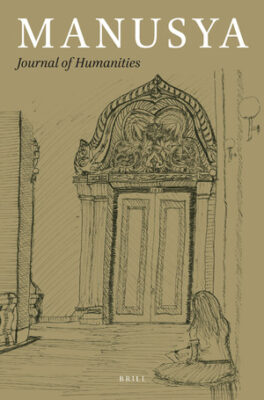Through a meticulous examination of edicts issued by both imperial courts and Christian missionaries, this article posits that the ‘ritual issue’ – i.e., the divergence in ritualistic practices and values between Christianity and indigenous religions – constituted a principal obstacle to the proliferation of Christianity in Vietnam between the 17th and 19th centuries. Notably, the paper identifies a substantive transformation in the perception of the ‘ritual issue.’ During the 17th and 18th centuries under the Trịnh-Nguyễn lords, the issue was predominantly approached through a cultural-religious lens. However, in the 19th century under the Nguyễn dynasty, the issue acquired a cultural-political character. The imperial court posited that the adoption of Christianity would undermine its rule, which was predicated on Confucian ethical-political norms. The paper argues that the prohibition of Christianity would have been an inevitable policy under the Nguyễn dynasty, even in the absence of the association between missionary activity and colonialism.
Cultural-Religious Dimensions of the ‘Ritual Issue’ in Pre-Colonial Vietnamese and Western Interactions
Keywords
Christianity/Catholicism; ritual issue; indigenous religions; Vietnam
Abstract
DOI
- Issue: Vol 27
section: Articles
section: Articles

